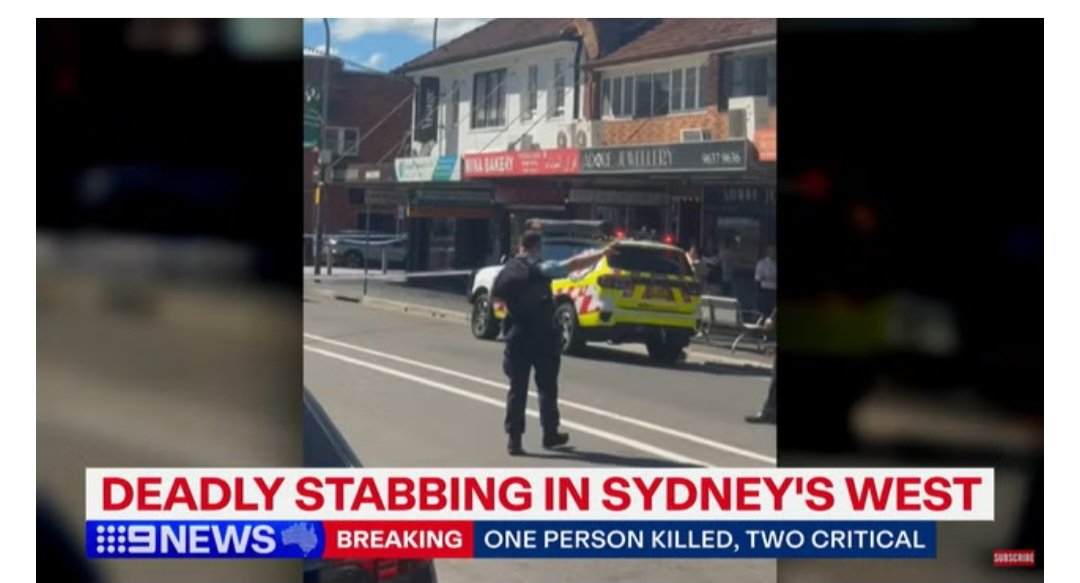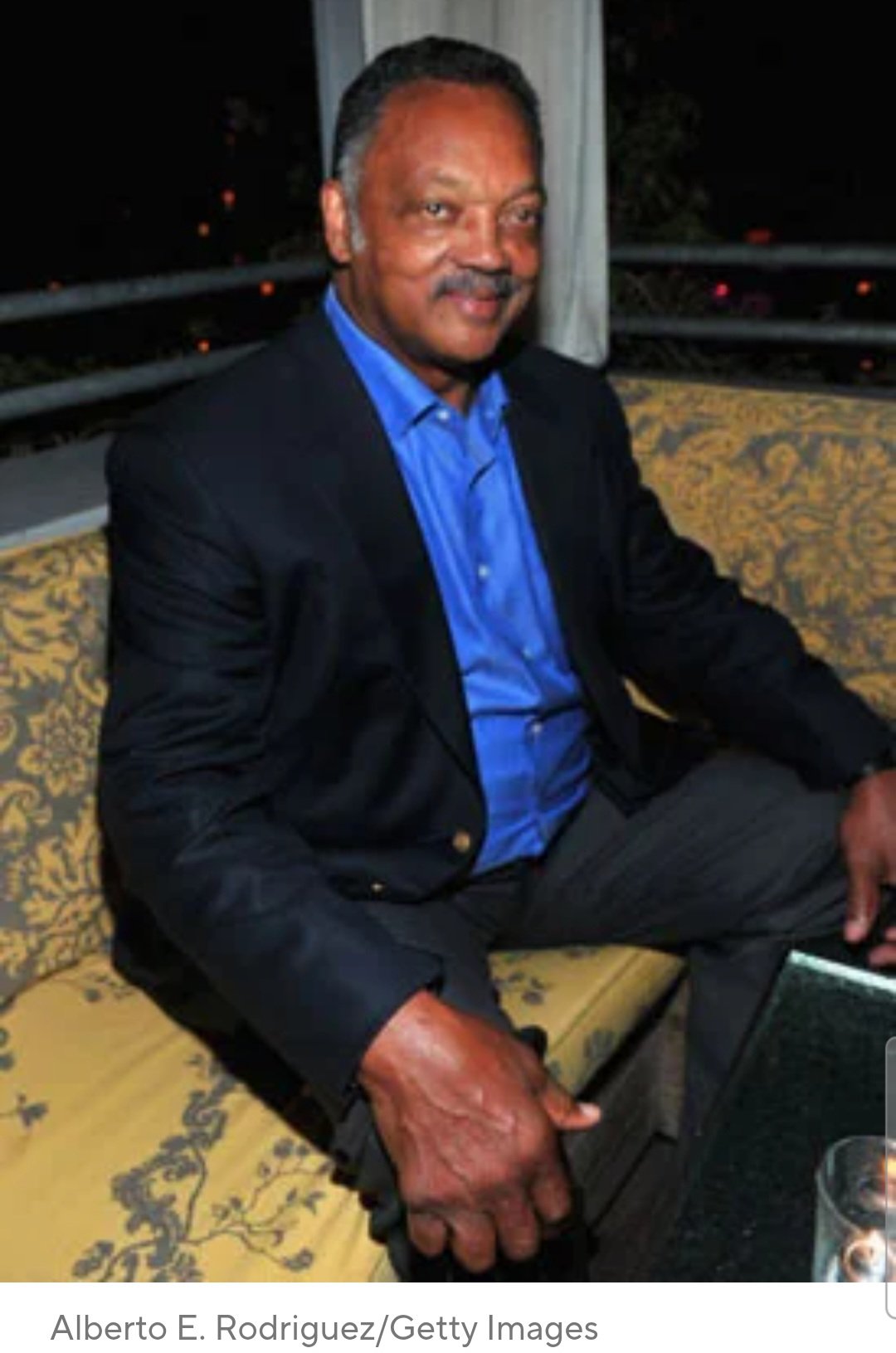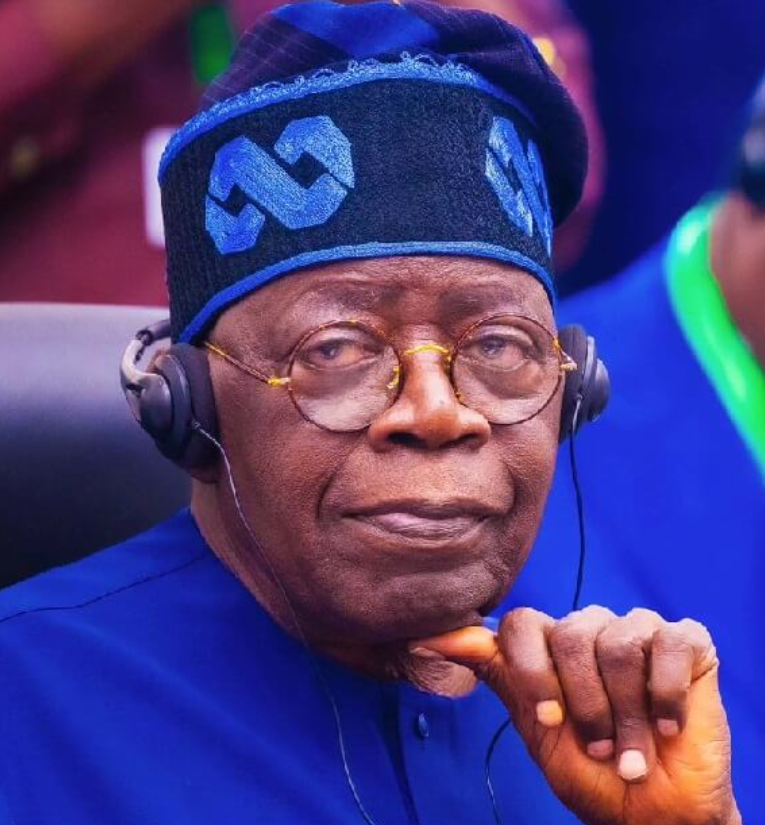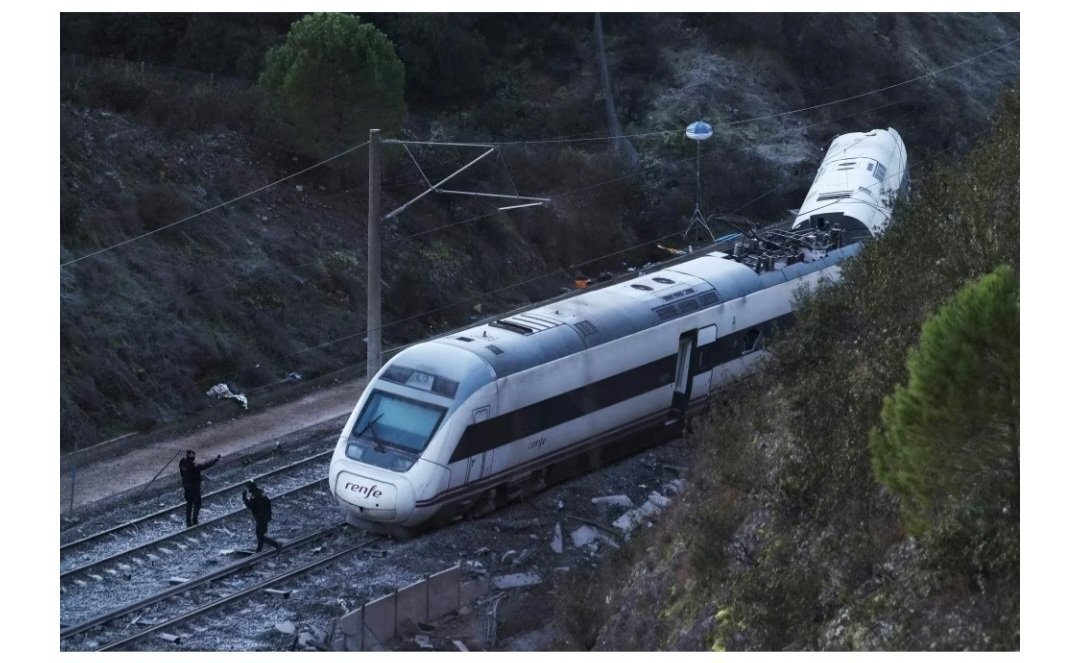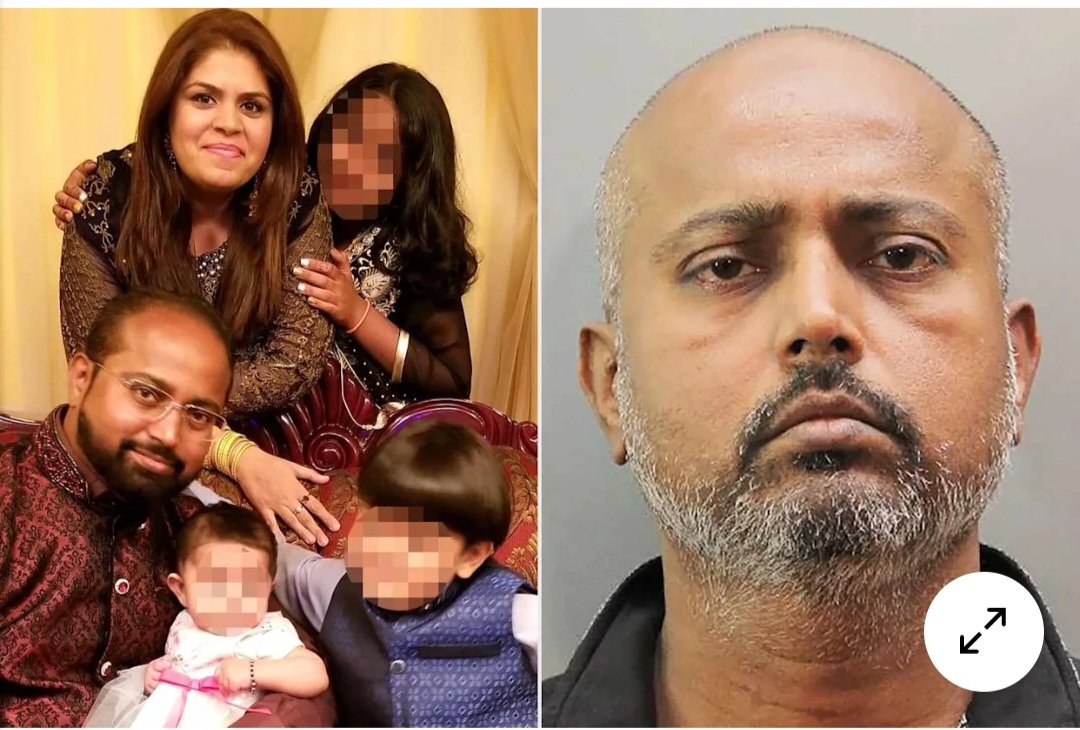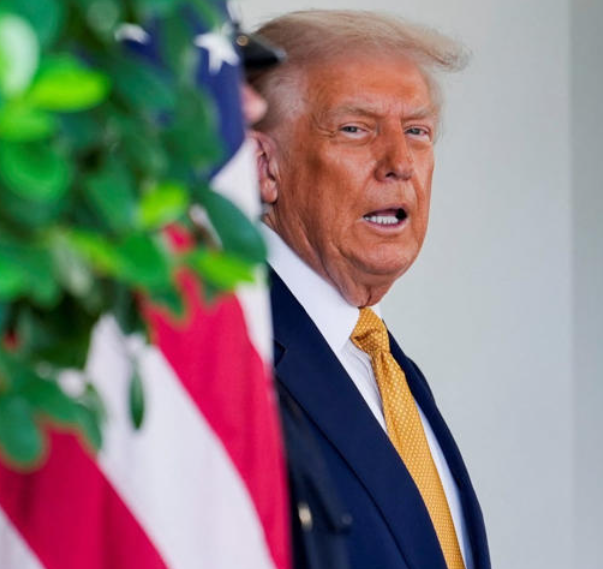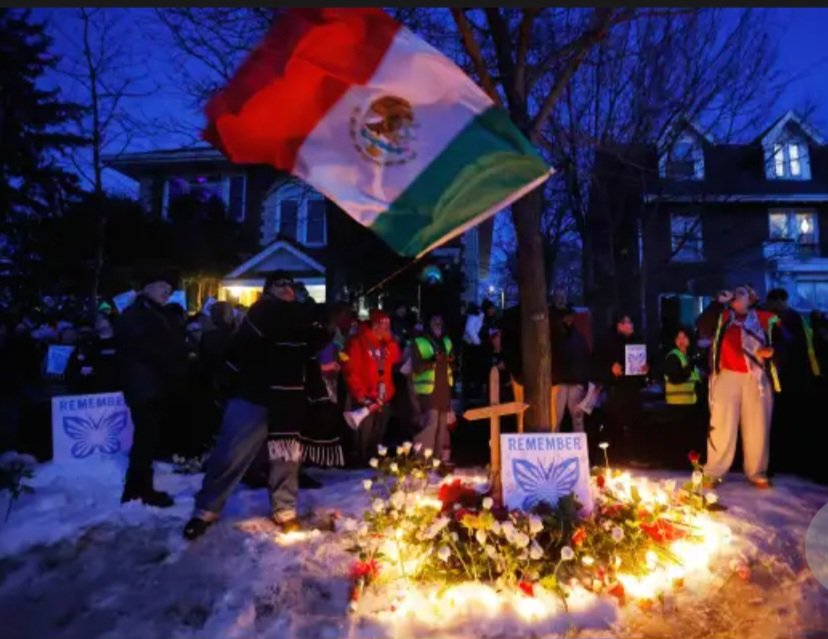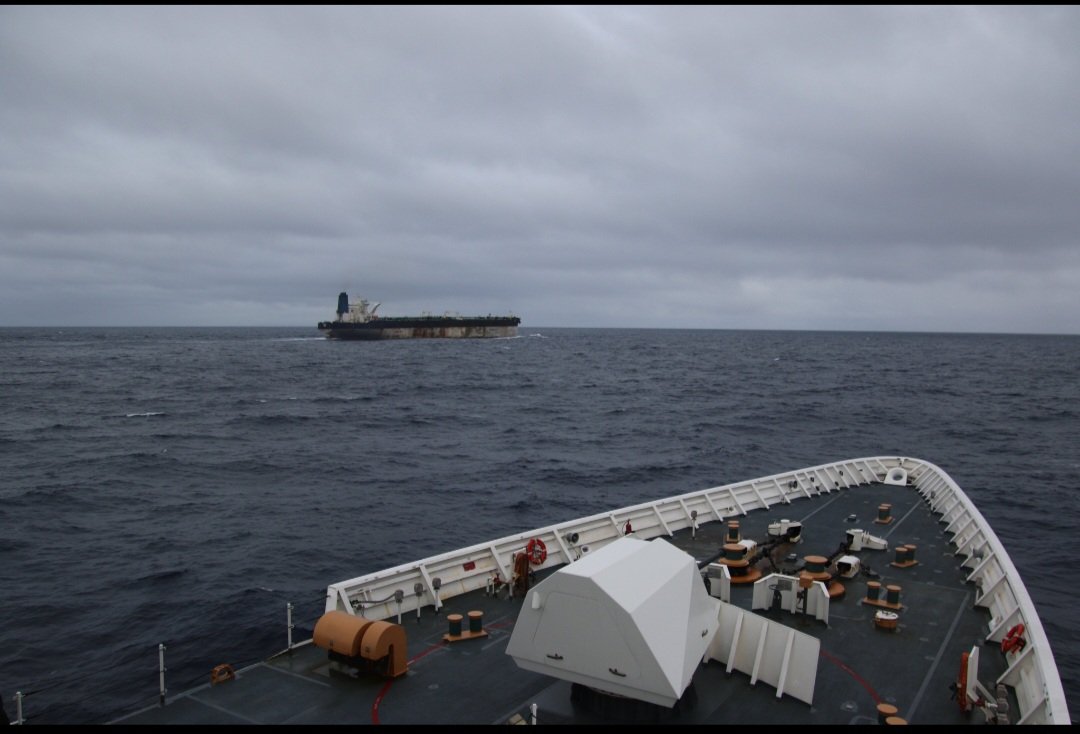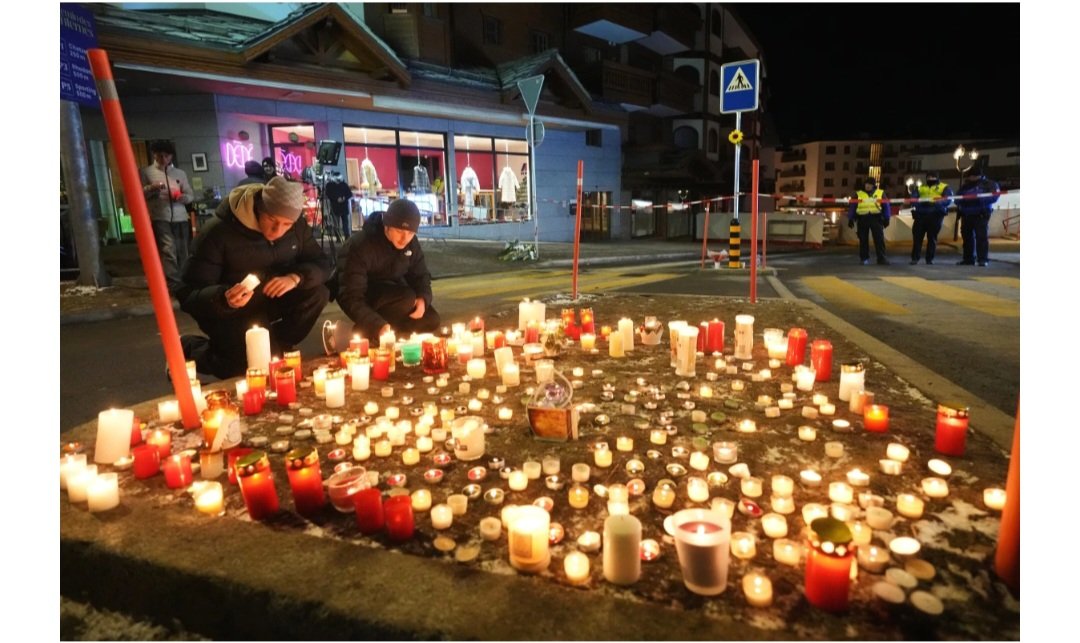Opponents say abortive raid on palace by angry ex-army chief was a stunt to bolster support.
It was the armoured vehicles circling the Plaza Murillo – the normally tranquil central square in historic downtown La Paz – that initially set Bolivians on edge on Wednesday afternoon. By the time a phalanx of troops had marched on the presidential palace, the sense of collective confusion and shock was at fever pitch.
By 2.30pm, a small tank was repeatedly ramming the gates of the neoclassical building known as Palacio Quemado until troops forced their way in and, in an extraordinary scene, the coup leader – disgruntled former army chief Juan José Zuñiga – faced off against the president, Luis Arce.
Flanked by cabinet ministers and clasping a ceremonial baton, a symbol of his rank as head of state, Arce, 60, ordered Zuñiga to back down, telling him: “I am your captain … withdraw all of your troops right now, general.”
The heated exchange was filmed and lasted several minutes. It ended when Zuñiga turned and left via the same broken door through which he had entered, disappearing into a bulletproof army vehicle that sped away.
It may be remembered as the shortest attempted coup in the Andean nation’s tumultuous two centuries of existence. It lasted just three hours, during which time Arce rallied Bolivians to “mobilise” to defend democracy, apparently defused the mutiny in a one-on-one confrontation and appointed a new military command which ordered mutinous troops back to their barracks.
The unrest left Bolivians shocked and baffled.
But as soon as a semblance of normality returned, rumours began to swirl in the country of 12.5 million people, which has seen about 190 coups, as well as military dictatorships and revolutions, since it gained independence in 1825.
Just before he was detained on Wednesday, the alleged plotter Zuñiga sowed seeds of doubt, telling journalists – without providing evidence – that Arce had ordered him to stage a sham coup in a bid to boost the president’s flagging popularity. The former commander, who was reportedly close to the government, had been sacked the day before the mutiny, according to Bolivia’s minister of government, Eduardo Del Castillo.
Zuñiga’s remarks were seized upon by the opposition, who demanded a parliamentary inquiry into claims that Arce had tried to orchestrate an autogolpe (self-coup). A legislator for the Civic Community bloc, Alejandro Reyes, told the Observer there were “indications, evidence and statements that allow us to think that this [coup] has been premeditated, and could even involve the participation of the executive”.
In Arce’s defence, Deisy Choque, a legislator for the governing Movement Towards Socialism (MAS) party, warned that the coup might have been successful “had it not been for the position taken by the president, the ministers and Bolivian society as a whole in immediately repudiating these actions”. She claimed that Zuñiga’s words held little credibility as he had changed his story several times.
On Thursday, Arce strongly denied accusations that he was behind the attempted coup, saying: “We are never going to authorise weapons to be raised against the people. What the former army commander general did […] was to rise against the Bolivian people, attacking the democracy that has cost the Bolivian people blood. We are never going to do that. Never.”
On Friday, the government announced 20 further arrests, including a former Navy vice-admiral. About 200 military officers took part in the attempted coup, Bolivia’s ambassador to the Organization of American States said.
What is beyond doubt is that Arce is presiding over a flailing economy. Amid plummeting gas exports and dwindling foreign reserves, there are growing protests over rising food prices and the scarcity of fuel and US dollars, as well as deep divisions within his political party.
“Bolivia is going through multiple crises: political, economic, social and environmental, but above all institutional,” said Franklin Pareja, a political scientist at Bolivia’s University of San Andrés. “The government is in a very weak situation. It has no cohesion within its own party.”
Arce is embroiled in a bitter power struggle with former president Evo Morales, who helped elect him in 2020. Arce, a UK-educated economist, served as Morales’s finance minister and replaced him as the MAS candidate after Morales – the country’s longest-serving democratically elected leader – was ousted in 2019 amid accusations of electoral fraud, which he denied.
Both men have said they plan to seek the presidency in next year’s election for the MAS. Morales was among the first to condemn the apparent coup attempt but has since remained silent. However, some of his supporters have joined the chorus of doubters. Gerardo García, the MAS vice-president, accused Arce of making a “mockery of the country” and being the “intellectual author” of a sham coup.
Regardless of whether or not they are true, the rumours of a “self-coup” have “taken hold in the popular imagination”, said Pareja, and may be hard for Arce to shake. “If this backfires on him, the weakness and fragility of his government could deepen.”
Curled from The Guardian
